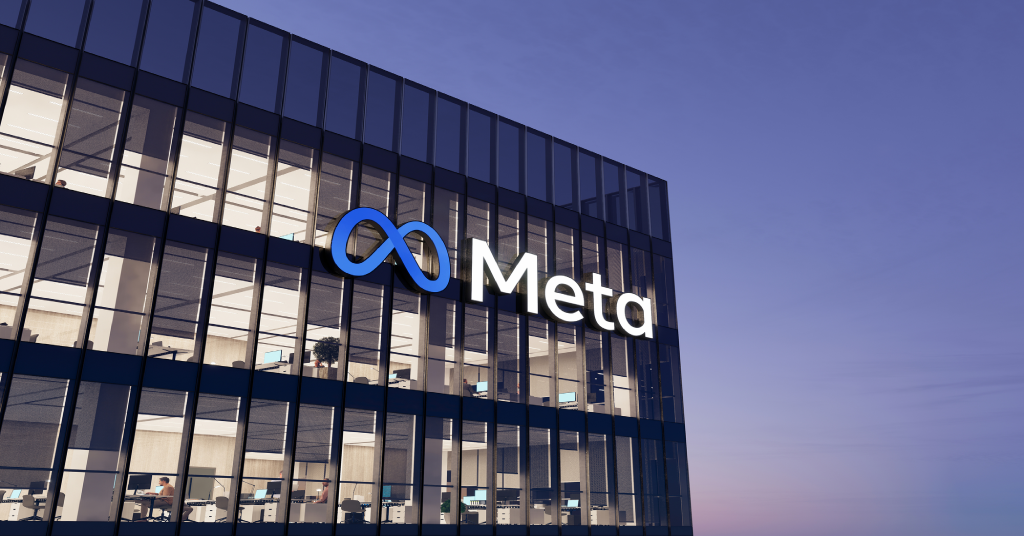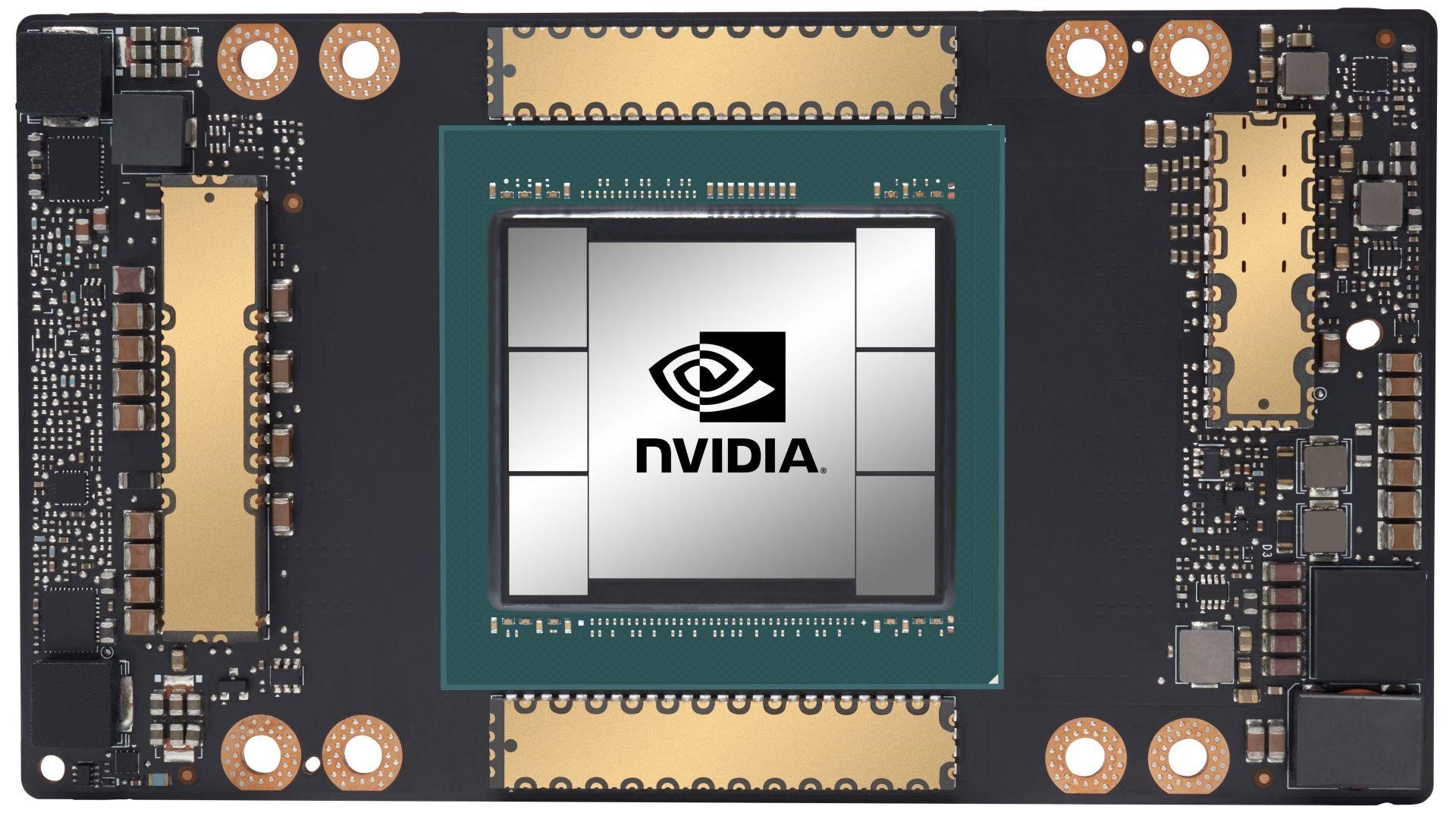As Meta Platforms Inc. embarks on an audacious AI-focused journey, even CEO Mark Zuckerberg seems taken aback by the speed and scale of the company’s expenditures. The technology giant’s investment in artificial intelligence infrastructure—massive data centers, advanced computing frameworks, and specialized chips—has been expanding at a rate faster than anticipated. During Meta’s Q3 earnings call, Zuckerberg revealed to investors that 2024 capital expenses would likely surpass initial projections, raising the lower limit of expected spending from $37 billion to $38 billion, with a possible peak at $40 billion.
Here's ads banner inside a post

The AI Arms Race: Meta’s Bold Move
Meta’s commitment to AI infrastructure signifies not only a desire to lead in technology but also a direct response to a fiercely competitive field where only the most well-resourced companies are expected to survive. With advancements in generative AI, language models, and virtual assistants becoming more integral, Meta has dedicated itself to constructing a robust foundation capable of scaling with the industry’s demands.

Here's ads banner inside a post
This year, Meta’s infrastructure build-out has been nothing short of aggressive. Data centers equipped with servers running on NVIDIA’s most advanced graphics processing units (GPUs) are central to Meta’s operations, providing the computing power required for high-caliber AI. The Llama language models, which have powered many of Meta’s new AI applications, are a prime example of Meta’s commitment to AI, but with that commitment comes a significant financial cost.

Zuckerberg’s Surprising Reaction to Meta’s Progress
Mark Zuckerberg’s admission of surprise underscores just how quickly Meta’s AI operations have developed. “We entered the year with an estimated range of what we thought we could accomplish, and we’ve exceeded that range in ways we hadn’t imagined at the start,” he said on the call. For Zuckerberg, seeing Meta’s data centers and infrastructure expand beyond initial projections was both a validation of the company’s strategic direction and a signal of the extraordinary potential that AI holds for Meta’s future.
Here's ads banner inside a post

The rapid progression has come with a marked increase in capital expenditures. However, Zuckerberg appears optimistic, lauding his team’s ability to swiftly scale the infrastructure. “This execution makes me feel more positive about our ability to keep building at this pace,” he said. Such speed is not without its financial consequences, however, and investors are growing wary of Meta’s spending trajectory.
An Investor Balancing Act: Cost vs. Potential
Despite Meta’s better-than-expected earnings and revenue for the quarter, the after-hours trading session saw Meta’s stock take a hit. Investors are beginning to recognize the high costs associated with Meta’s ambitious AI strategy. While top-line growth remains solid, concerns around inflated spending and lower-than-expected user growth persist. As Meta ramps up investments to match its long-term vision, the company must carefully balance innovation with shareholder value.

To many investors, the vast spending on AI infrastructure could be a double-edged sword. While scaling infrastructure positions Meta for future growth, it also intensifies financial pressure. Zuckerberg’s reassurance on the call was, in part, a message to investors that these are not reckless expenses but calculated investments aimed at building the groundwork for future profitability and technical prowess. Yet, such reassurances only go so far with stakeholders, particularly given the recent surge in expenses and the industry’s murky return timeline on AI.
Building AI Infrastructure at Unmatched Speed
Meta’s significant advancements in its AI capacity reflect an unrelenting commitment to a tech arms race that extends beyond the company’s initial 2024 ambitions. These advancements required not only high financial resources but also an expedited pace in setting up physical and digital infrastructure. Moving forward with this pace is no small feat, especially given the scale of the resources involved.
On the earnings call, Barclays analyst Ross Sandler directly addressed Meta’s capability to build out such a massive infrastructure, touching upon challenges around power requirements and chip development timelines. Zuckerberg responded by highlighting Meta’s infrastructure team’s efforts, noting that their rapid scaling efforts have added vital capacity for multiple AI projects, including the language model Llama, which powers a range of Meta’s products. The rapid build-out isn’t just about keeping up but about staying ahead in an industry where AI capacity could determine future dominance.

Wall Street’s Divided Outlook on Meta’s Spending Strategy
The tech world has recently been under intense scrutiny for its hefty spending on AI, and Meta has not been exempt from this. Meta’s ambitious AI infrastructure spending parallels other tech giants like Alphabet, who are making similar investments to secure an AI-driven future. However, Wall Street’s reaction has been mixed. In his July interview with Bloomberg’s Emily Chang, Zuckerberg acknowledged the tech sector’s potential risk of “overbuilding.” Yet, he defended the decision by pointing to the potential drawbacks of under-investment.

Investors and analysts are increasingly skeptical about these colossal investments in AI without clear-cut profitability on the horizon. This sentiment became apparent after Zuckerberg’s remarks about infrastructure investments that, while beneficial in the long run, could burden Meta’s near-term financials. “The formula for infrastructure investment may not be what investors want to hear right now,” Zuckerberg conceded on the earnings call. Yet, he firmly believes that “the opportunities here are truly substantial, and we will continue to invest significantly.”
Reality Labs: A Persistent Financial Drain?
While AI and language models may be Meta’s immediate focal points, its Reality Labs division, responsible for metaverse development, is another area drawing substantial financial resources. This division, which has been pivotal to Zuckerberg’s vision for a blended digital-physical world, reported an operating loss of $4.4 billion in the third quarter alone. Reality Labs has become a lightning rod for criticism as the metaverse’s appeal and profitability remain uncertain, particularly as Meta faces investor pressure over its mounting losses.
Meta has signaled that Reality Labs will continue to be a costly endeavor in 2024, with operational losses expected to increase significantly year-over-year. The division’s expenses, combined with the substantial AI investments, place Meta’s financial strategy under greater scrutiny, as investors weigh the potential of Zuckerberg’s grand vision against its immediate cost burden.

Zuckerberg’s Long Game: High Costs for High Potential?
Despite Wall Street’s reservations, Zuckerberg remains resolute. His conviction is clear: Meta must continue to invest in its technological infrastructure to solidify its competitive advantage in AI and other cutting-edge domains. For Zuckerberg, AI and metaverse technologies are essential, not just for Meta’s survival but for its growth and leadership in a highly competitive market. He believes Meta’s investments will yield innovations that redefine user experiences, enhancing the company’s ecosystem across social media, virtual reality, and AI-enhanced products.
Zuckerberg’s steadfast belief in the long-term value of these investments is unwavering. As he explained to investors, “We are building a significant amount of capacity that allows us to deliver world-class models and products.” With such conviction, Zuckerberg is betting on Meta’s future as a pioneer in AI and immersive experiences.

The Future: A Gamble on Meta’s Vision
Meta’s trajectory toward AI dominance is a high-stakes gamble, one that could define the company’s standing among tech titans in the coming decade. Yet, with ongoing concerns from investors about the sustainability of its expenditures, Meta faces the challenge of proving that its long-term ambitions justify the immediate financial strain. The push into AI infrastructure is a clear commitment, but the payoff remains uncertain.

For Zuckerberg, the equation is simple yet profound: he is convinced that investing heavily now will set Meta up for a profitable and pioneering future in AI and beyond. Whether Meta’s strategy pays off or proves too burdensome remains to be seen, but one thing is certain—Meta’s accelerated push into AI marks a defining chapter in its pursuit of technological supremacy.

